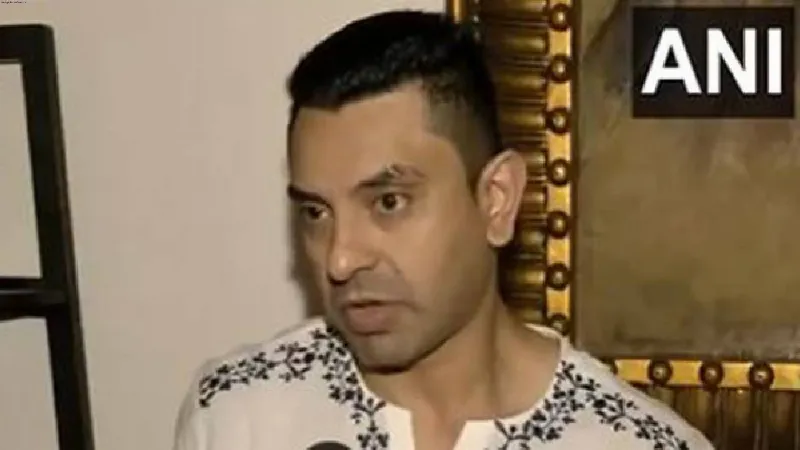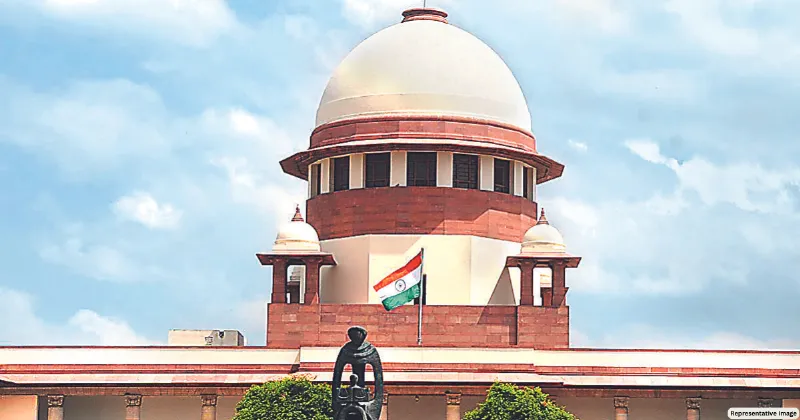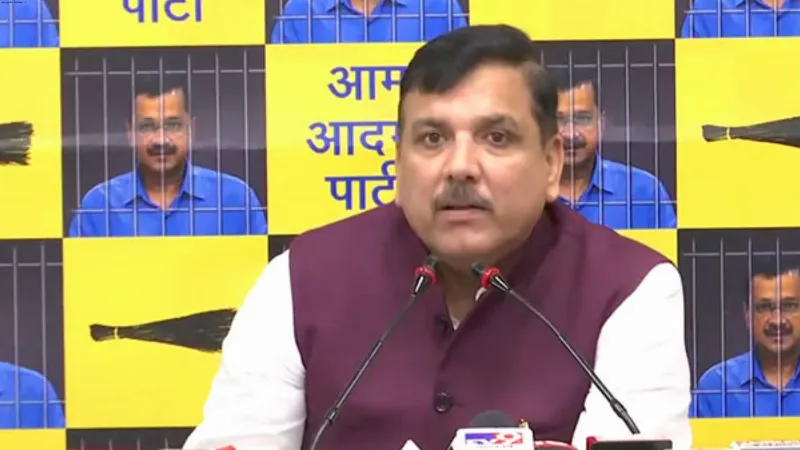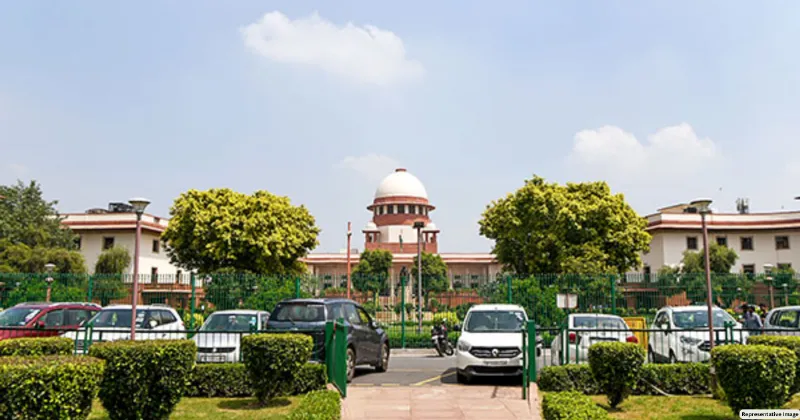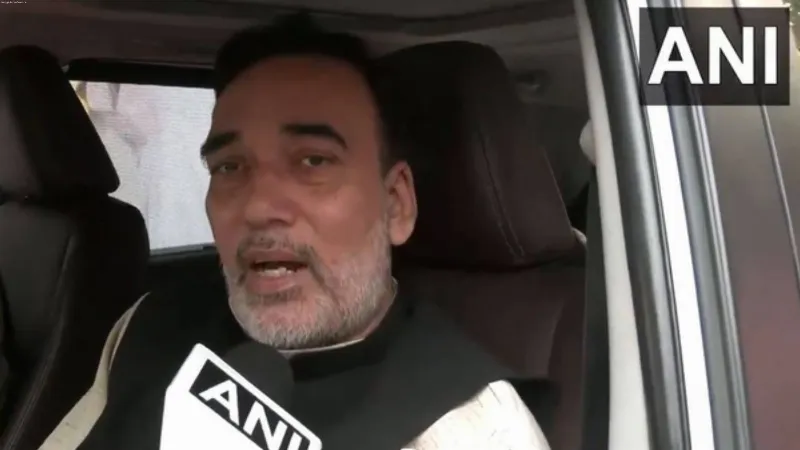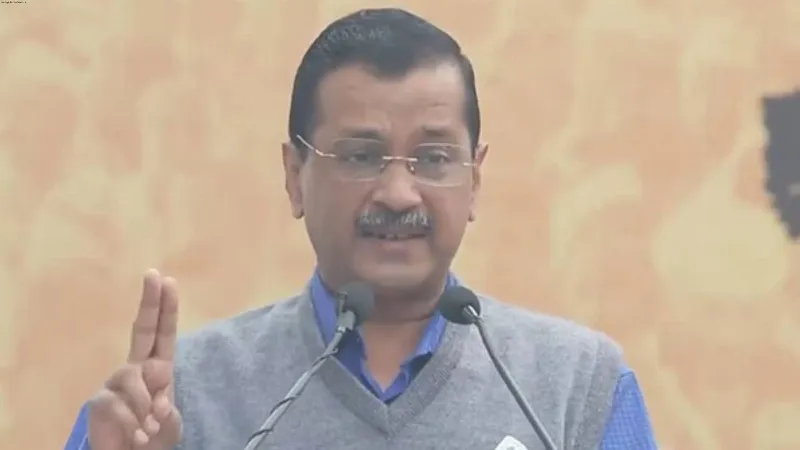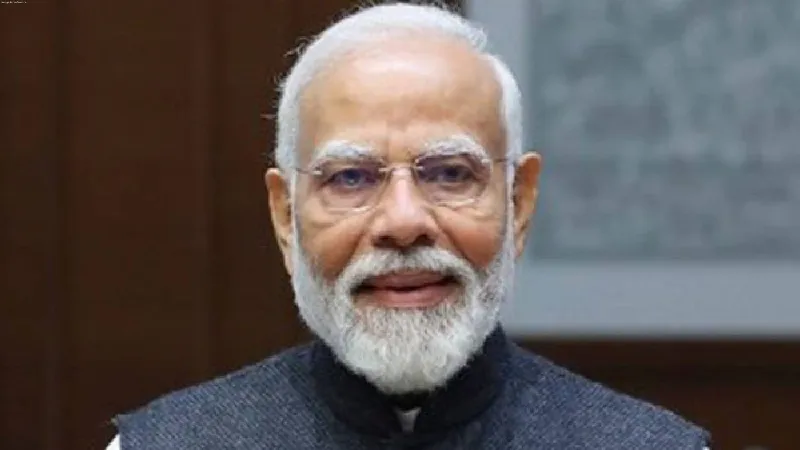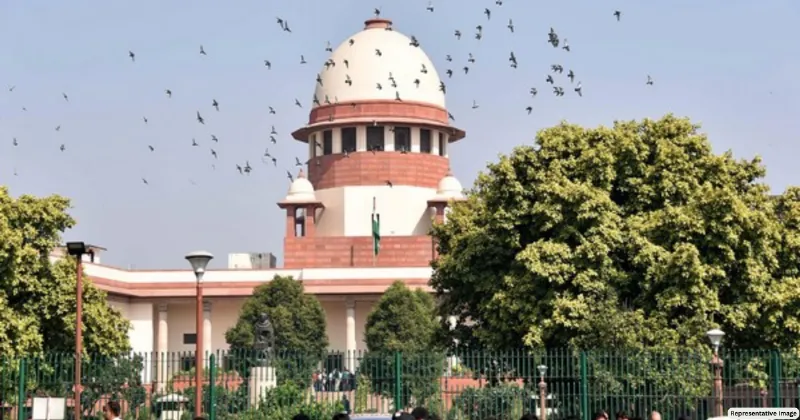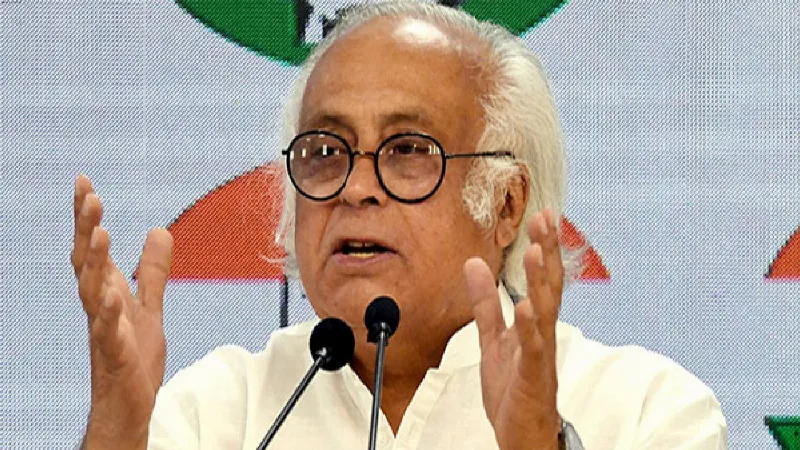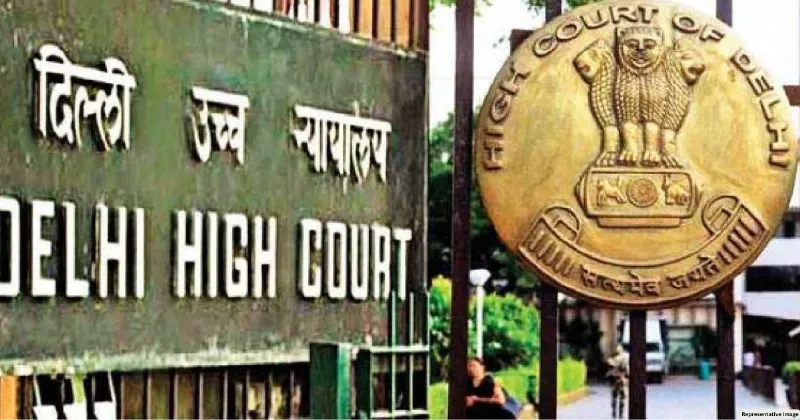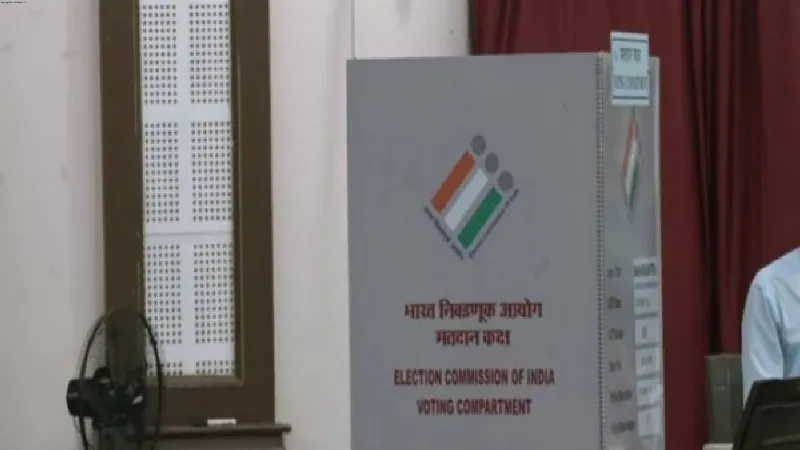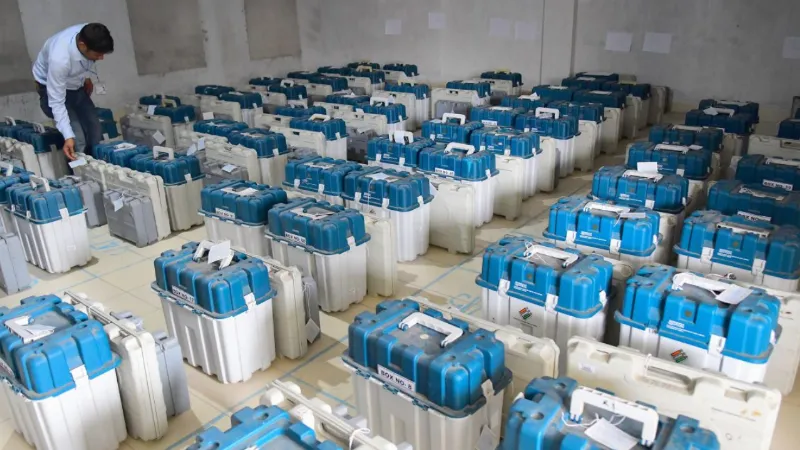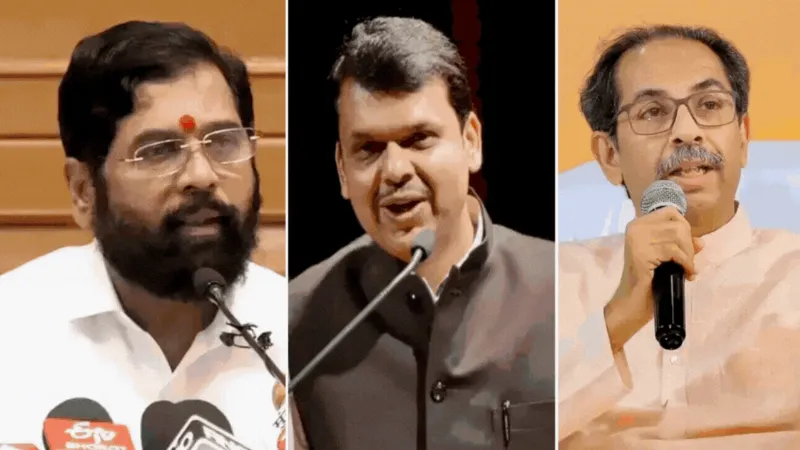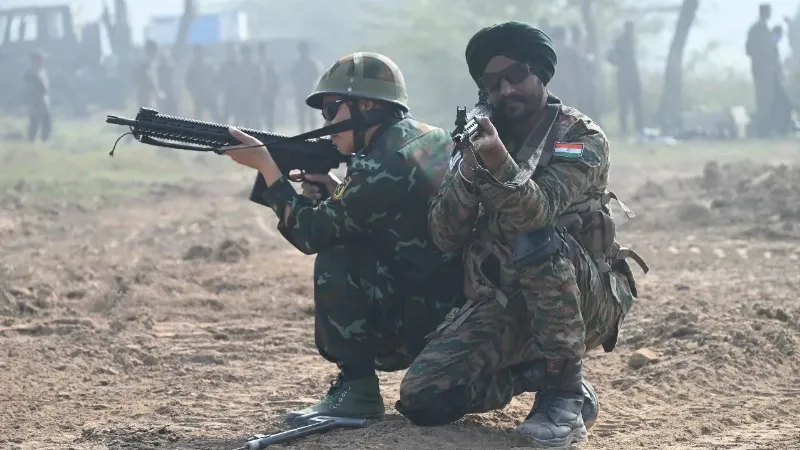Court again reserves order on Sharjeel's plea, grants time to Delhi police for clarification
.jpg)
New Delhi: Delhi's Karkardooma Court on Saturday again reserved order on the bail plea of Sharjeel Imam. The court also granted time to Delhi Police to file clarification of MHA guidelines in connection to the release of accused on bail in the Unlawful Activities (Prevention) Act (UAPA) along with other offences.
Additional Sessions Judge (ASJ) Amitabh Rawat on Saturday reserved the order for December 21. Also asked the Police to file clarification.
Special public prosecutor Amit Prasad submitted that there is some ambiguity on the provision mentioned by the defence counsel on the point that whether the accused under UAPA with multiple offences and undergone half of the sentence under UAPA, is entitled to be released on bail under section 436A CrPC.
He also submitted that the clarification will take two weeks.
Advocate Talib Mustafa opposed the submissions made by the SPP for Delhi Police.
He argued that what the SPP is submitting is related to post-conviction cases. Whereas Sharjeel is un undertrial. The submissions don't apply to him.
He also argued that the bail order is reserved for the last two months. I am not going to wait anymore.
Earlier on September 11, 2023, the court reserved its order on the plea of Sharjeel Imam seeking statutory bail on the grounds of the period already undergone in the Sedition case. He has been in custody since January 28, 2020.
It had been argued by his counsel that Sharjeel Imam had already undergone more than three and a half years. This is more than one-half of the maximum sentence in this case.
Sharjeel Imam's counsel advocate Talib Mustafa, had argued that the accused has undergone half of the maximum sentence, therefore he is entitled to statutory bail under section 436 A CrPC.
"He has undergone the maximum sentence even without a trial. Under section 13 UAPA has maximum sentence of seven years. He has undergone three and half years," the counsel argued.
On the other hand, Delhi police said that there there are multiple offences, not only one offence. Section 436 A Crpc talks about only 'an offence'.
Special Public Prosecutor (SPP) Amit Prasad submitted that a concurrent sentence is an exception whereas a consecutive sentence is a rule. In this way, the maximum sentence he can be awarded is 16 years, the punishment to which is restricted to 14 years.
The SPP also argued that while granting bail the seriousness of the offences also to be considered.
Opposing the submission, counsel for Sharjeel argued that there is an infirmity in the submission of the SPP.
SPP has presumed that I would be convicted. It is contradictory to the principle of innocence, the counsel argued.
What the SPP is arguing is post-conviction, I am under trial not a convict, the counsel submitted. "I have undergone more than the maximum sentence without conducting a trial for most of the offences. Only section 13 of UAPA remains against me which has the maximum sentence of seven years," the counsel argued.
Advocate for Sharjeel argued that What is SPP is arguing that If I have been convicted and the court is to pass an order on sentence. There is a presumption of innocence of the accused until proven guilty.
The benefit of section 436 A is for under-trial prisoners and not for convicted. The punishment I have already undergone, can be cumulative once again?, the counsel questioned.
The court asked the gravity is one of the criteria, or the CrPC while granting bail.
It is said that the proceedings related to the offence of Sedition are stayed and the maximum punishment in offences under UAPA is seven years.
He is in custody since January 2020 that's half of the maximum punishment for the offence under UAPA.
It is contended that the applicant has been in custody since 28.01.2020 in this case and has completed a period of 3 years and more than 6 months under incarceration and has undergone incarceration extending up to one-half of the maximum period of imprisonment specified for the concerned offence by law.
Advocate Ahmad Ibrahim and Talib Mustafa have moved an application on behalf of Sharjeel Imam seeking his immediate release in the present criminal prosecution in terms of the statutory provisions contained in Section 436A of Cr.P.C.
The counsel submitted that the applicant is in custody since January 28, 2020, in connection with the FIR of January 25, 2020, P.S. Crime Branch, registered for the offences punishable U/s 124A, 153A, 153B and 505(2) IPC and Section 13 of the Unlawful Activities (Prevention) Act, 1967.
It is stated that the applicant was arrested from his hometown of Jehanabad, Bihar, on 28.01.2020 and was produced before the Patiala House Court. Since then, he is in judicial custody after police interrogation.
It is further submitted that the investigation in the matter stands concluded and final report or charge sheet against the applicant has been filed in this case on 25.07.2020 for the offences punishable under sections 124A, 153A, 153B, 505 of IPC and Section 13 of UAPA.
The Court took cognizance of the speeches and offences under section 124A, 153A, 1538 and 505 IPC on 29.07.2020 and Section 13 of the UAPA, on December 19, 2020, the plea stated.
Thereafter, charges were formally framed against the applicant on March 15, 2022, by the Court under sections 124A, 153A, 153B and 505 IPC.
The Court had passed the direction effectively staying the operation of Section 124A IPC and all proceedings emanating therefrom, it added.
The High Court of Delhi, on October 31, 2022, directed that the trial be stayed in respect of material witnesses and only formal witnesses be examined.
It is argued that Section 436A of Cr.PC. is a wholesome beneficial substantive provision substantive one which is for effectuating the right of speedy trial guaranteed by Article 21 of the Constitution.
It is also said that after the stay of trial in the present case by the High Court in regard to the main offence of Section 124A IPC (Sedition) in light of the directions passed by the Supreme Court in S.G Vombatkere v. Union of India on May 11, 2022, the only offences remaining against the applicant relate to offence punishable U/s 153A IPC (Promoting enmity between different groups on grounds of religion, race, place of birth, residence, language, etc, and doing acts prejudicial to maintenance of harmony) which is punishable with imprisonment which may extend to five years, 153B IPC (Imputations, assertions prejudicial to national-integration) which is punishable with imprisonment which may extend to five years, 505 IPC (Statements conducing to public mischief) which is punishable with imprisonment which may extend to five years and 13 of UAPA (Punishment for unlawful activities) which is punishable with imprisonment which may extend to seven years.
It is also contended that even as per the maximum punishment extending up to 7 years prescribed under Section 13 UAPA, the applicant has completed one-half of the maximum period of imprisonment specified for the concerned offence by law and hence, deserves grant of statutory bail under Section 436A of criminal procedure code.



